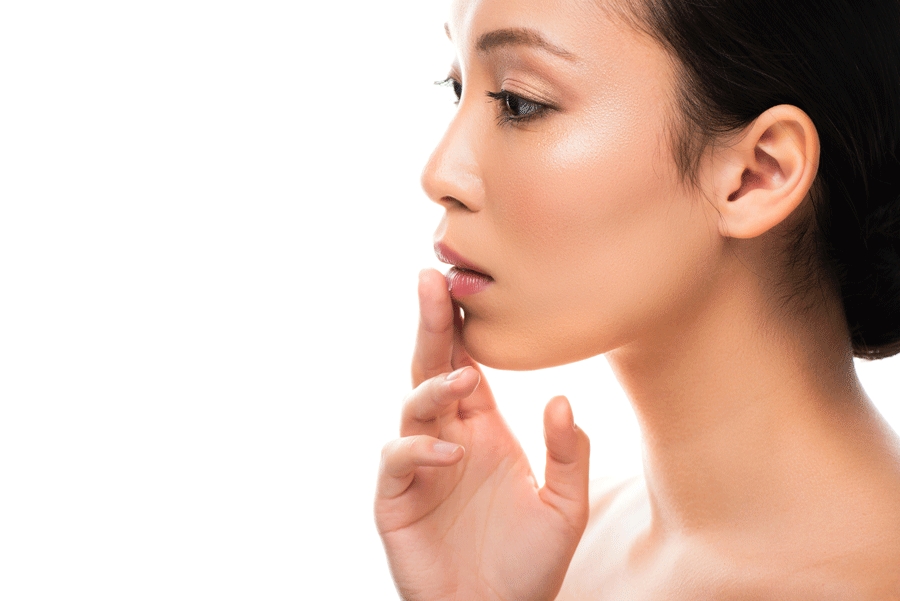Wellness Check: The Correlation Between Mental Health and Skin
Written by Irena James, vice president of YG LaboratoriesPhysical and emotional health are closely linked. Skin is the body’s largest organ, involved in a myriad of biological processes, so it is not surprising that living with a skin condition can take its toll on a person’s state of mind. Stress and anxiety can make existing conditions even worse and bring about new ones, creating a vicious cycle.
Numerous experts agree that stress, anxiety, depression, and other psychological conditions might be an underlying and, often, underdiagnosed reason for common skin issues like acne, rosacea, psoriasis, and premature aging. According to the American Psychological Association, the growing field of psychodermatology is aiming toward better understanding the relationship between mental health and skin, along with the often unmet needs in the area of psychological support for clients with skin problems.
When experiencing stress or anxiety, the fight or flight response is triggered and the body releases cortisol. High levels of cortisol can disrupt sleep, wreak havoc on the skin, and can lead to chronic stress, as well as an increased risk of depression and mental illness. Stress and anxiety incite chronic inflammation, which ramps up cortisol and encourages increase in sebaceous gland activity. This causes sebum to become thicker, to which dead skin sticks to and blocks pores, contributing to breakouts and acne. Cortisol also hinders the skin’s ability to produce its natural moisturizer and skin plumper, hyaluronic acid, causing the skin to become taut, dry, flaky, and flaccid. Dryness and inflammation cause skin-sensitizing conditions, which manifest themselves with itchy, uncomfortable skin conditions like rosacea, eczema, and psoriasis. Cortisol accelerates the skin’s aging process, diminishing production of the antiaging hormone known as dehydroepiandrosterone (DHEA), increasing wrinkles, and decreasing firmness.
A holistic approach to treating both problematic skin issues, as well as underlying psychological problems, is often needed to achieve long-term results.
Modalities such as hypnosis, meditation, yoga, muscle relaxation, aromatherapy, nootropics, cognitive-behavioral therapy, and other forms of psychotherapy can be very helpful in improving the mind-skin connection, giving clients a sense of control over their conditions and their reactions to them.
Reference
Clay, Rebecca A. “The link between skin and psychology: How psychologists are helping
patients with dermatological problems.” Monitor on Psychology 46, no. 2 (2015): 56.
